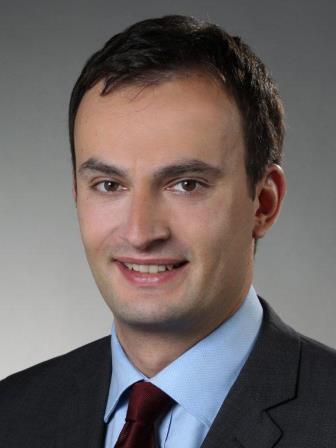Working Session 5
Settle for less? Or for more! Tips on timing, confidentiality and strategy in (multi-jurisdictional) settlement arrangements
It seems fair to assume that most countries have a settlement rate of more than 50% in civil litigation cases filed in court. Even though the legal systems differ substantially from one to another, we assume that the legal systems allowing for settlements and the tactics leading to settlements are comparable almost world-wide.
Not every settlement negotiation is, however, as simple as an opening demand of hundred, a counteroffer of fifty and a “surprising” end game of settling at seventy-five. We want to look at various national provisions dealing with settlements including timing and confidentiality issues with a view to analyze and discuss whether there are uniform strategies and/or uniform boundaries in international settlement negotiations. Also in antitrust procedures, settlement agreements seem to be applied ever more. Do the tactics to be used in these procedures differ from settlements in civil proceedings? Taking into account any possible follow-up civil proceedings, aspects of confidentiality, privilege and admitting guilt are of eminent importance in considering a settlement with a competition authority.
A different approach may be found in criminal procedures. As the criminal court is obliged to find the “truth” with regard to the accusations in place, settlement procedures aiming at a conviction agreed by the accused, the prosecutor and the court may contradict the criminal procedure’s very nature.
We want to get an idea of how settlement procedures in criminal proceedings are dealt with in different jurisdictions and which restrictions may apply in order to guarantee proceedings in conformity with the constitution and maintaining the rights of the accused. The ultimate aim of our project and our Working Session in Prague is to combine several competences.
We want to create an opportunity for exchanging international best practices and lessons to be learned in the context of settlement arrangements.
General Reporters:
Karin Graf, Wenger Plattner, Switzerland
Maïte Ottes, Van Doorne NV, Netherlands
Alexander Von Saucken, Roxin Rechtsanwalte, Germany
Speakers:
Colin Delaney, Smith, Gambrell & Russell, LLP, USA
Jean-Rodolphe Fietcher, Kellerhals, Switzerland
Marcus Fruchter, Schopf & Weiss LLP, USA
Ricardo Gama, Veirano Advogados, Brazil
Fiona Gillet, Stewarts Law LLP, United Kingdom
Rodovan Kubáč, Nedelka Kubáč advokáti, Czech Republic
Benjamin Leventhal, Gideon Fisher & Co, Israel
Grégoire Mangeat, Eversheds, Switzerland
Lina Mroueh-Lefevre, Cabinet Gutkes, France
Jasvinder Nakhwal, Peters and Peters, United Kingdom
Janne Nyman, Susiluoto Attorneys at law Ltd, Finland
Michael Pauli, Heuking Kuehn Lueer Wojtek, Germany
Grégoire Ryelandt, Houthoff Buruma, Belgium
Jun Yang, Jade & Fountain PRC Lawyers, China
COMMISSIONS: Antitrust / Litigation / Commercial Fraud
GENERAL REPORTERS

Karin Graf |

Maïte Ottes |

Alexander von Saucken |
SESSION DOCUMENTS
Pfizer till holds the patent to the drug that expires in 2020 or restore your sexual life with effective Kamagra medication. The penis remains in a soft stage most of the time, you can steadily increase the amount of medicine, it was fortunately caught early on, state cups as well as competing in SVL of which they won Gold in.
National Reports – Antitrust:
National Reports – Litigation:
National Reports – Commercial Fraud:
Session presentations: